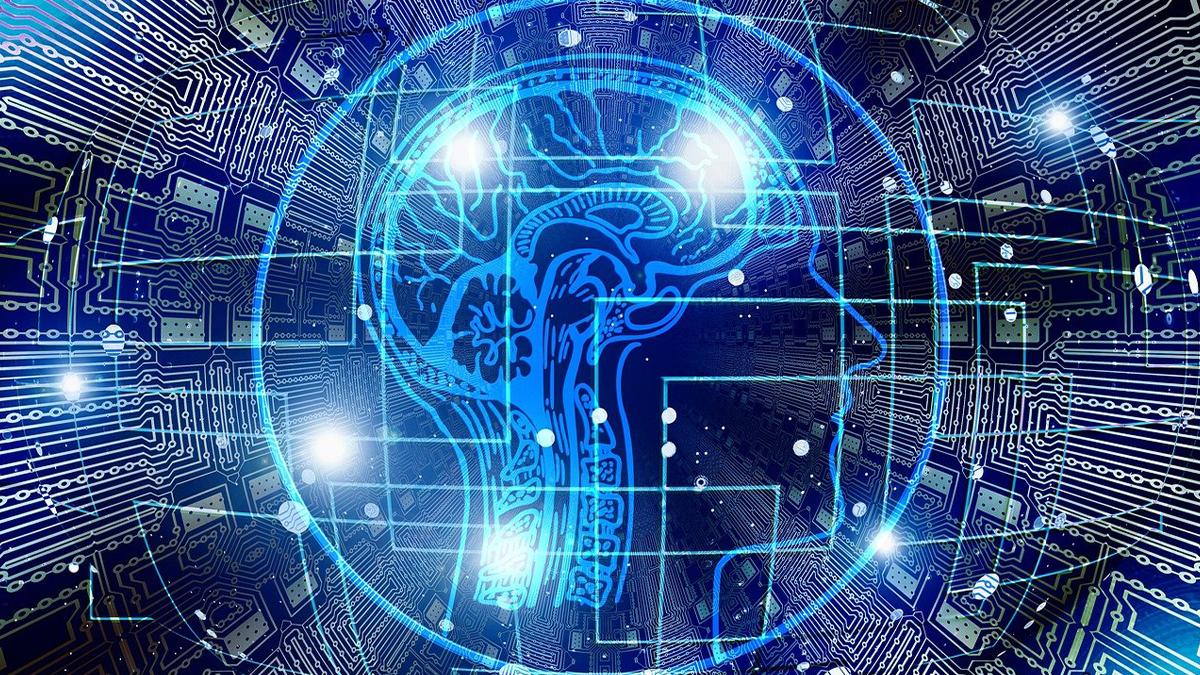We’re going to be taking a look at a technology that seems to be accelerating its way into every part of life, AI, that’s Artificial Intelligence!
What is AI and what makes it so intelligent anyway?
AI refers to computer systems that can perform tasks that usually require human intelligence.
AI allows machines to learn, think and make decisions like humans, but in their own unique way.
And it’s something that’s appearing in all sorts of places.
AI can be used for many different things.
For example, it can help you and me, right now, search for information on the internet, create pictures and write computer code, and even help us to recognise objects in photos.
AI can also be found in virtual assistants like Siri and Alexa, which can answer questions and perform tasks for us.
Embed from Getty ImagesSo where’s this technology come from?
It’s certainly accelerating as a technology but the idea of AI has been around for a long time.
And its development has gone through many different stages.
It all started in the 1950s when scientists began to explore the concept of creating machines that could mimic human intelligence.
They developed early computer programs that could solve maths problems and play simple games.
Over time, AI researchers discovered new techniques and algorithms to make machines smarter.
In the 1990s, something called machine learning became popular, allowing computers to learn from data and improve their performance over time.
This led to advancements in areas such as speech recognition, image recognition and even autonomous robots.
We’ve talked about being able to play games and search images, but there are some pretty impressive ways to use technology like that.
Embed from Getty ImagesRecent Progress
In recent years, AI has made significant progress due to the availability of big data and powerful computers.
With more data, AI algorithms can learn and make better predictions and decisions, like be able to analyse X-rays and other scans, looking for patterns to pinpoint a diagnosis that a doctor might not easily detect.
I guess it’s useful in any place where there’s a load of data to analyse and where it might take a human too long to go through it all.
It’s making serious differences in an enormous number of fields – not just healthcare, but also in finance, detecting fraud and making investment decisions, and analysing what people are posting on social media.
Embed from Getty ImagesThe Dangers
There are concerns over the ethics of AI – how much information should we entrust to a computer and how humans might be put at risk.
An example people are talking about right now is self-driving cars.
AI is great when things are predictable – but when there’s unexpected changes – like potholes and damage to road signs or if other road users are driving unpredictably – things we as humans can easily react to without even thinking about it – for driverless cars, these could cause major – even fatal errors..
So we’re asking AI to create new systems for humans – but they aren’t humans – and as we have seen, humans can be unpredictable!
That’s a key issue. AI is good at big complex stuff with set rules – like beating grandmasters in chess and analysing millions of data points, but in some ways, it lacks knowledge about the world that a kid might have.
So it’s not game over for us humans yet.
To find out a bit more, who better to have a chat with than Dr Mayank Kejriwal who is a Research Assistant at the University of Southern California. He’s an AI expert in relation to how people communicate and how the tech can be positively used. He also talked a little bit about its limitations.
Add a comment



